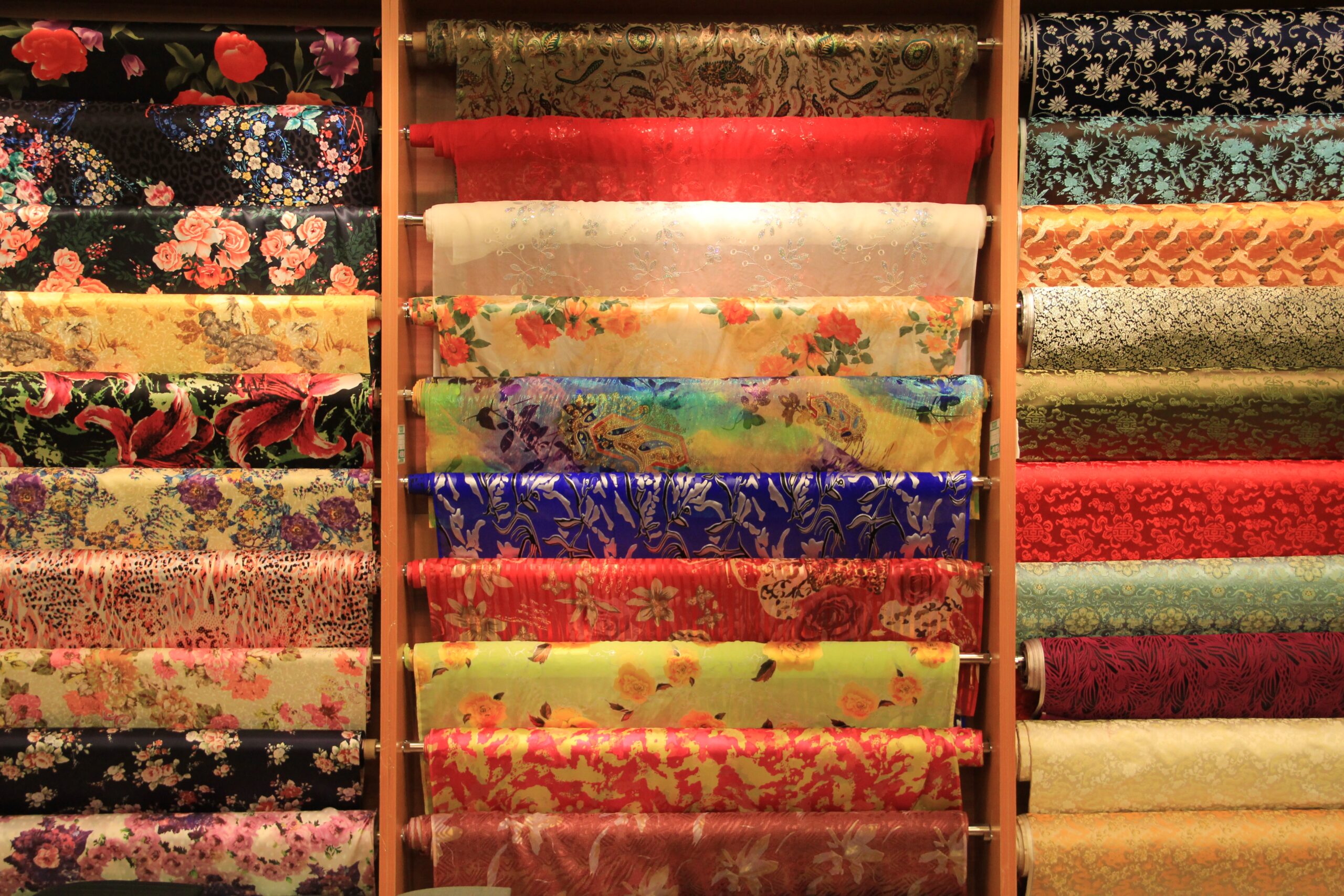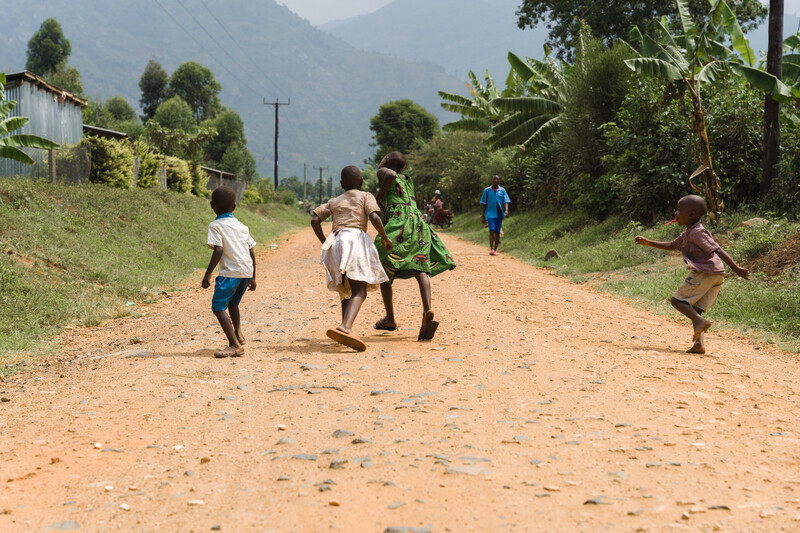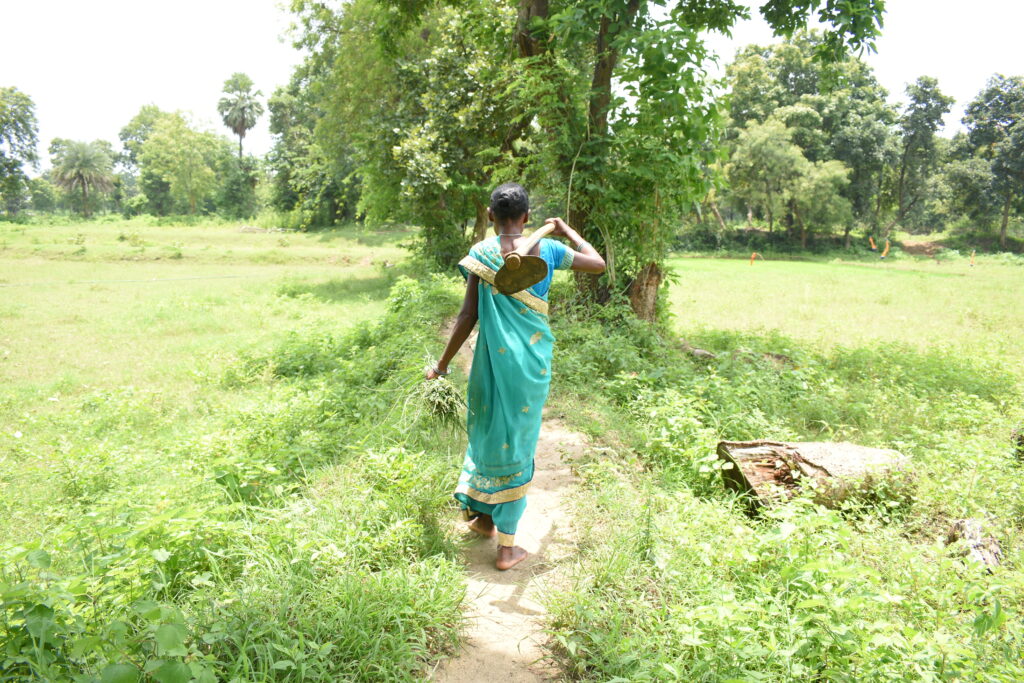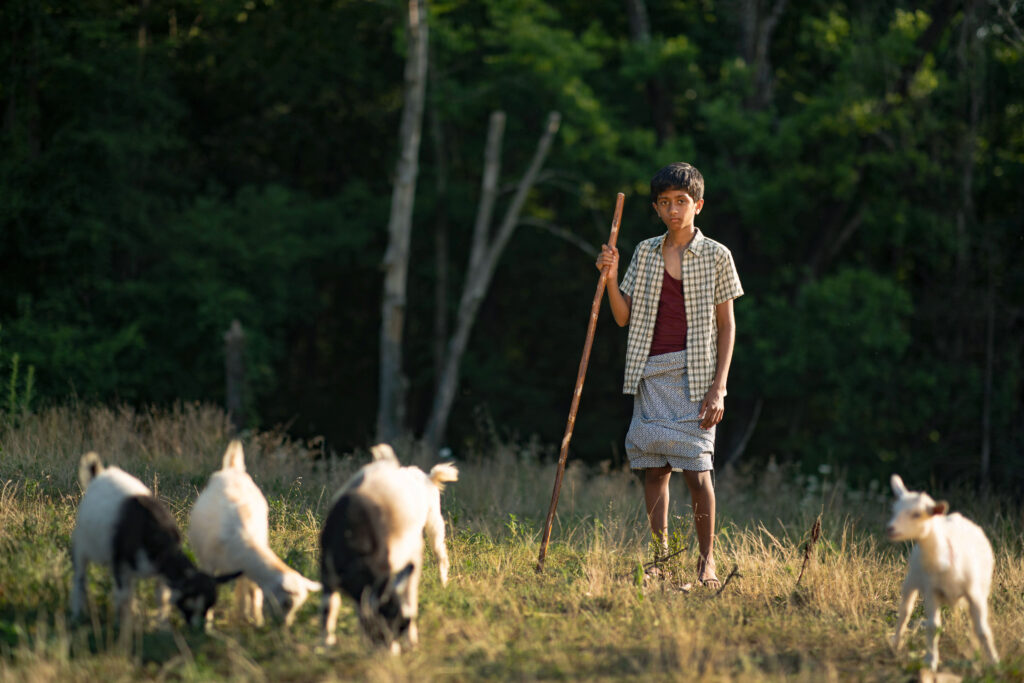The rescue team arrived at a silk-harvesting facility to find a shocking scene: A young mother and her 4-year-old son cried out desperately from behind a small metal grate leading to the room where they had been locked for six months.
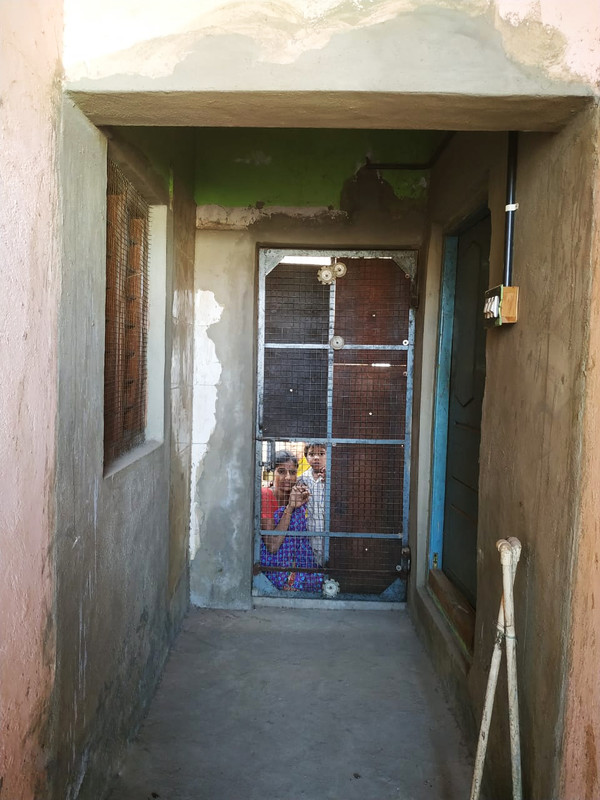
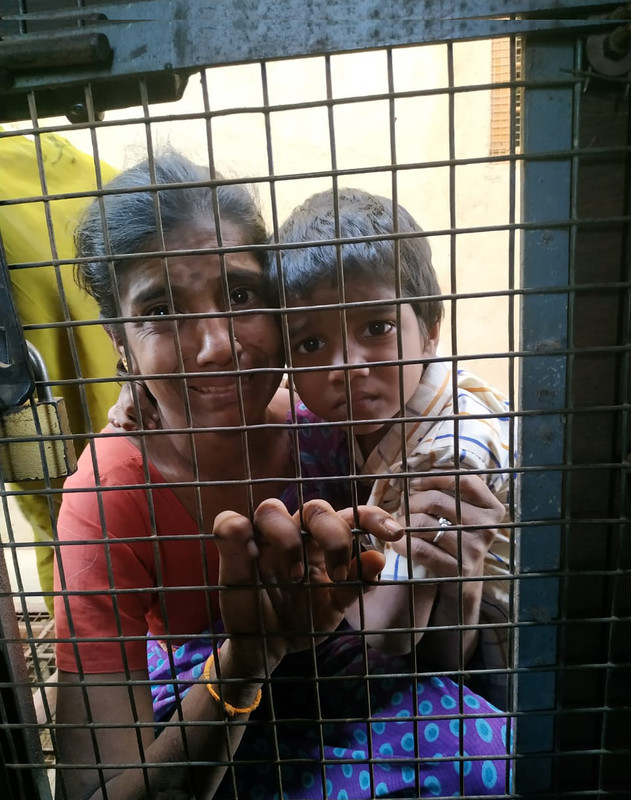
Chandramma and her son had been trapped in bonded labour at the facility alongside a dozen other victims—but this nightmare was only the latest in a series of troubles this brave young woman has faced.
“I was barely 8 years old when I touched those silk threads for the first time,” she remembers thoughtfully. “It’s ironic that I have never owned a silk sari in my life. They are always more expensive than I could afford.”
It’s difficult work, with hours spent handling worms, boiling water and running high-speed spinning mills. She often had to leave school for years at a time to help their family earn a meagre livelihood. Chandramma was smart and passionate, but every time she tried pursuing something else, a tragedy or financial need would drive her to the factories again.
By early 2018, Chandramma was the mother of two small boys and looking for a breakthrough. She and her sister Girijamma took up an offer from a man who offered them an advance equivalent to A$1,000 to work at a new sericulture facility in another part of the country.
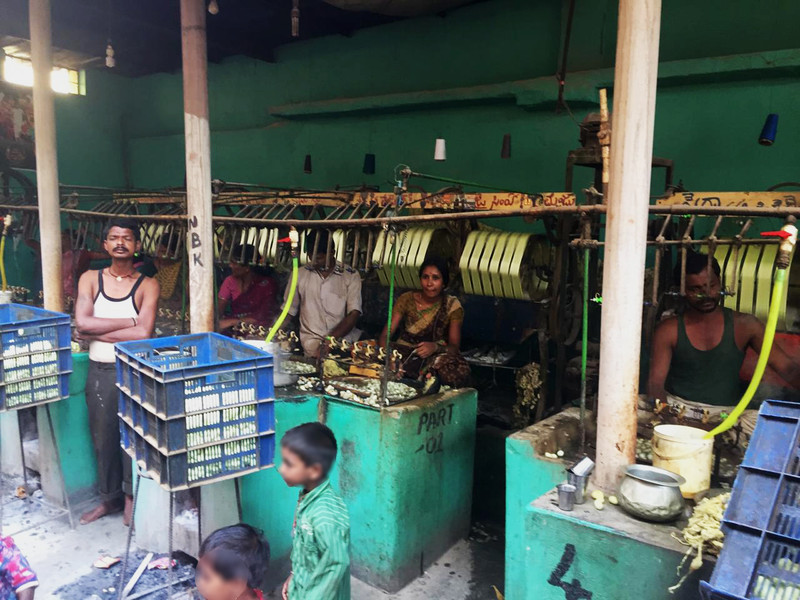
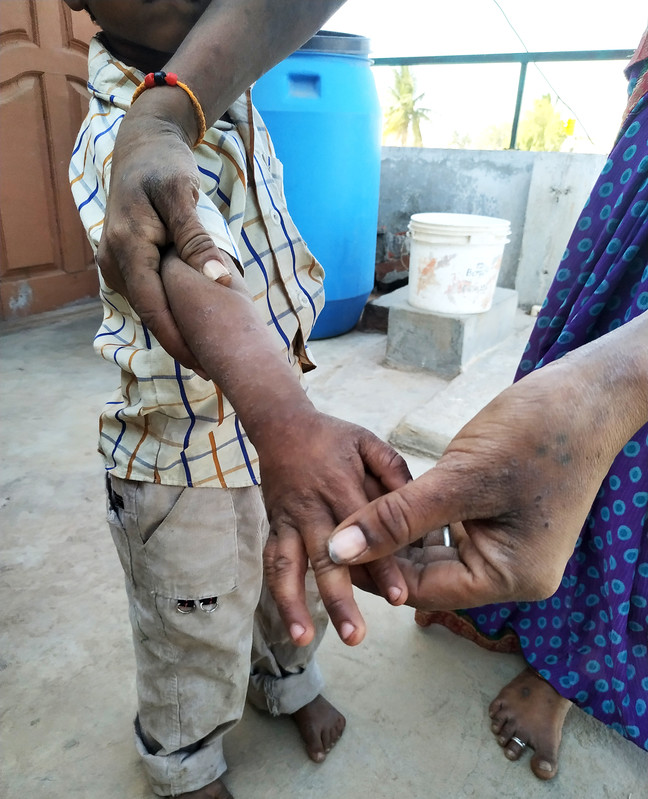
But this factory was like nothing she had ever experienced. The owner was cruel, keeping a dozen labourers working 15 or 16 hours each day. Some had been there for 10 years. He beat or harassed the labourers regularly, and he always punished them if they tried to escape.
Then he locked up Chandramma and her four-year-son, Hemanth, in a small room for six months to stop them running away. Trapped in this hot, dark jail cell, with little food and almost no water, Chandramma fell into her darkest space yet.
“Though we pleaded to be let out, our cries fell on deaf ears,” she says sorrowfully. “Things got so desperate that I even thought of ending my life.”
Girijimma managed to escape and meet an IJM field worker. After she told them about Chandramma’s bondage, IJM helped bring the case to local authorities and, on 21 February 2019, we led a rescue operation to free Chandramma, Hemanth and the others enslaved with them.
On that day, Chandramma remembers hearing a commotion outside her locked room, and then the soft voice of her sister calling her name. She replied feebly, then forcefully—desperate for someone to set her free.
IJM and local police were shocked by the inhumane treatment Chandramma and the other labourers had experienced. She and her son had not bathed or eaten in some time, and their bodies were covered with sores. One IJM staff member on the rescue operation says,
“Chandramma and her child would have died if we didn’t save them. Such was the horrifying remorselessness of what they had experienced.”
Authorities brought Chandramma and the other 12 labourers to safety and then filed charges against the owners for human trafficking, bonded labour and child labour.
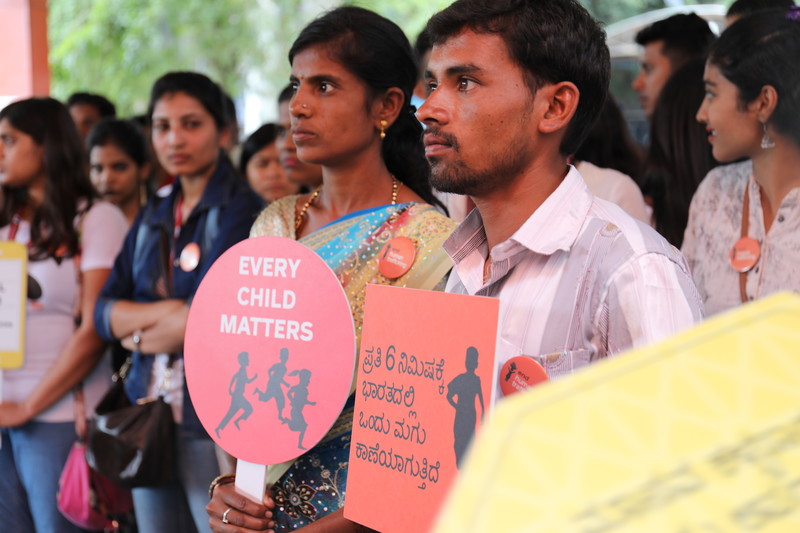
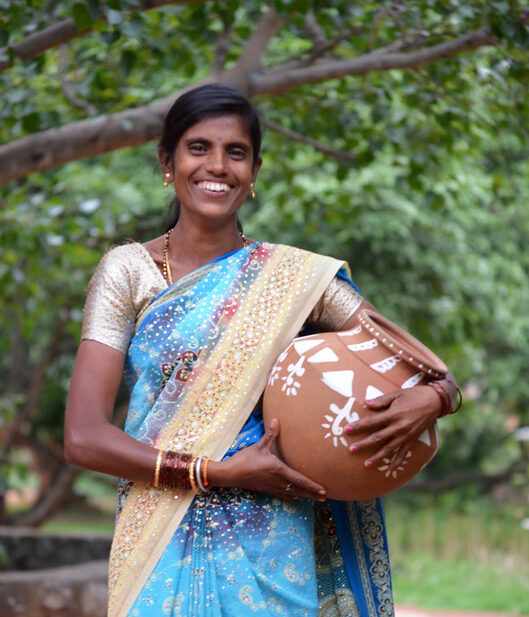
Since that time, Chandramma has not only gotten the rest and care she needed to recover, but she has blossomed into a strong spokeswoman for the issue of bonded labour and the proud parent she always wanted to be.
She’s a member of a local survivor rights organisation and has shared with media and at public events about bonded labour.
Today Chandramma works for a wedding planner—she’s vowed never to go back to the silk industry—and is intently focused on bringing up her boys to have a better life. She says,
“My life was very difficult when I was in bondage, but now I am happy with what I have … Freedom to me is the way I am able to live my life right now.”
Despite the pain of her past, Chandramma speaks today with confidence and humour, breaking out into a wide smile and bright laugh—a joy her sister Girijamma says is “hard-earned and so pleasant to hear.”
Chandramma and her children have rebuilt their lives in freedom. But millions more remain trapped in silk farms, factories, fishing boats and other sites across South and Southeast Asia. How can Australians know that the products they purchase are not produced with the blood, sweat and tears of people in slavery?
Modern slavery legislation like the NSW Modern Slavery Act requires government bodies and large companies to report on the risk of slavery in their supply chains. Ultimately, it will help protect children, women and men like Chandramma from modern slavery. Learn more about the MSA and why it matters.


